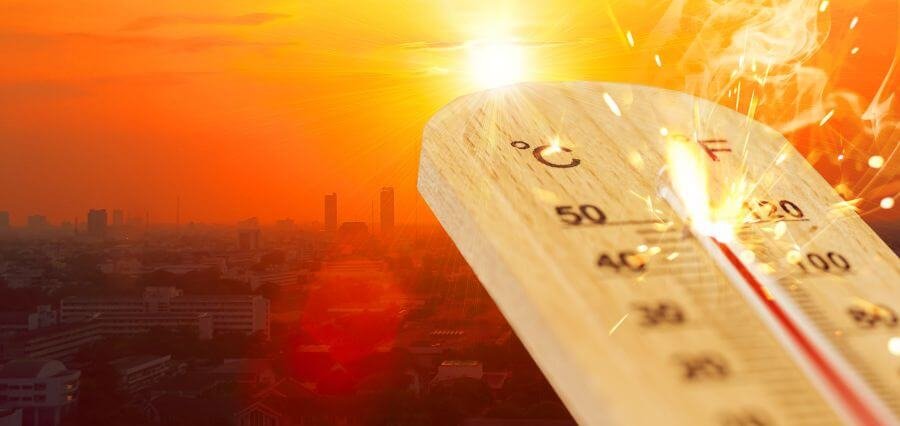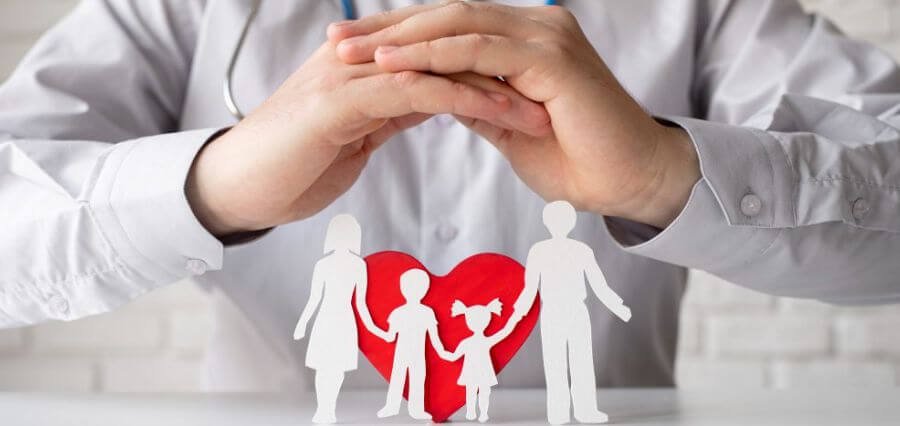Battling the Heatwave
India is no stranger to the searing heat of summer. As the mercury climbs each year, heatwaves become a serious health threat, especially in densely populated areas and regions prone to extreme temperatures. With the rise of climate change, these heatwaves are not only becoming more frequent but also more intense, posing significant challenges to public health.
Understanding Heatwaves
A heatwave is typically defined as a prolonged period of excessively hot weather, which may be accompanied by high humidity. The Indian Meteorological Department (IMD) classifies a heatwave when the maximum temperature reaches at least 40°C in the plains and 30°C in the hilly regions. When the temperature soars beyond 45°C, it’s categorized as a severe heatwave.
Heatwaves can stretch over days or even weeks, and their impacts can be devastating. They can cause dehydration, heat exhaustion, and heatstroke, and exacerbate pre-existing health conditions, especially among vulnerable populations like the elderly, children, and those with chronic illnesses.
Health Impacts of Heatwaves
- Dehydration: One of the most immediate dangers of a heatwave is dehydration. Excessive heat increases body temperature, leading to profuse sweating. This loss of fluids, if not replenished, can result in dehydration, which is marked by symptoms like dry mouth, fatigue, dizziness, and confusion.
- Heat Exhaustion: Prolonged exposure to high temperatures can lead to heat exhaustion, characterized by heavy sweating, rapid pulse, muscle cramps, nausea, and headaches. If not treated promptly, it can progress to heatstroke.
- Heatstroke: This is a severe condition that requires immediate medical attention. Heatstroke occurs when the body’s temperature regulation fails, and body temperature rises to 104°F (40°C) or higher. Symptoms include hot, dry skin, confusion, seizures, and loss of consciousness. Without prompt intervention, heatstroke can lead to organ failure and death.
- Exacerbation of Chronic Illnesses: People with pre-existing conditions like cardiovascular disease, respiratory issues, and diabetes are particularly vulnerable during heatwaves. The stress of extreme heat can exacerbate these conditions, leading to increased hospital admissions and, in severe cases, fatalities.
- Mental Health Impacts: The oppressive heat can also affect mental well-being. Heatwaves can cause discomfort, irritability, and sleep disturbances, which can contribute to increased stress and anxiety levels.
Tips to Stay Safe During Heatwaves
Given the severe health risks posed by heatwaves, it’s crucial to take proactive measures to protect yourself and your loved ones. Here are some essential tips to help you stay safe and cool during the sweltering heat:
Stay Hydrated
- Drink Plenty of Water: Aim to drink at least 8-10 glasses of water a day, even if you’re not feeling thirsty. Staying hydrated helps maintain your body’s temperature regulation and prevents dehydration.
- Avoid Caffeinated and Sugary Beverages: Drinks with caffeine or high sugar content can increase dehydration. Instead, opt for water, coconut water, or herbal teas.
- Include Hydrating Foods: Incorporate water-rich fruits and vegetables like cucumbers, watermelon, and oranges into your diet. They help in replenishing fluids and provide essential vitamins and minerals.
Dress Appropriately
- Wear Light, Loose-Fitting Clothing: Choose light-colored, breathable fabrics like cotton and linen that allow your body to stay cool and sweat to evaporate.
- Use Hats and Sunglasses: Protect your head and eyes from direct sunlight by wearing a wide-brimmed hat and UV-protective sunglasses.
- Apply Sunscreen: Use a broad-spectrum sunscreen with at least SPF 30 to protect your skin from harmful UV rays, even if you’re indoors most of the day.
Modify Your Environment
- Stay Indoors During Peak Heat: The sun’s rays are most intense between 10 a.m. and 4 p.m. If possible, stay indoors during these hours. If you need to go out, try to plan activities in the early morning or late evening.
- Use Fans and Air Conditioning: Utilize fans, coolers, or air conditioning to keep indoor spaces cool. If you don’t have air conditioning, visit public places like malls or libraries to stay cool.
- Create a Cool Space: Keep curtains or blinds closed during the day to block out heat. Use damp towels or cool packs to help lower your body temperature.
Adapt Your Daily Routine
- Take Cool Showers or Baths: Regular cool showers or baths can help reduce body heat.
- Avoid Strenuous Activities: Limit physical activities during peak heat times. If you need to exercise, do it during cooler parts of the day.
- Eat Light Meals: Heavy, hot meals can increase your body temperature. Opt for lighter meals that are easier to digest and incorporate more salads, fruits, and cold dishes.
Look Out for Vulnerable Individuals
- Check on Elders and Neighbors: Elderly people, young children, and those with pre-existing health conditions are at greater risk during heatwaves. Regularly check on them and ensure they have access to cool environments and hydration.
- Pets Need Care Too: Don’t forget about your pets. Ensure they have plenty of water and a cool place to rest. Avoid walking them during the hottest parts of the day.
Be Prepared for Emergencies
- Know the Signs of Heat-Related Illnesses: Familiarize yourself with the symptoms of heat exhaustion and heatstroke. Early recognition and prompt treatment are crucial.
- Keep Emergency Numbers Handy: Have contact numbers for emergency services, nearby hospitals, and your healthcare provider easily accessible.
- Create an Emergency Kit: Prepare a kit with essentials like water, non-perishable snacks, cooling packs, and any medications you might need.
Government and Community Efforts
Addressing the impacts of heatwaves requires a coordinated effort between individuals, communities, and government bodies. Here are some steps being taken and how you can contribute:
- Government Initiatives: Various state governments in India have developed Heat Action Plans to mitigate the impacts of heatwaves. These plans include measures such as setting up cooling centers, issuing heat advisories, and providing guidelines for schools and workplaces. Stay informed about your local government’s heatwave response plan.
- Community Support: Community organizations often play a vital role during heatwaves by providing resources like water distribution, setting up temporary shelters, and offering assistance to vulnerable groups. Volunteering or supporting these initiatives can make a significant difference.
- Awareness and Education: Spreading awareness about heatwave preparedness and response is crucial. Share information with your family, friends, and community to ensure everyone knows how to stay safe.
Conclusion
As climate change continues to influence weather patterns, heatwaves are likely to become more frequent and intense. By understanding the risks and taking proactive steps to stay safe, we can mitigate the health impacts of these extreme weather events. Remember, staying cool and hydrated is key, and looking out for each other ensures that we all can endure the heatwave season with resilience.
Stay safe, stay cool, and stay informed!
Read More: Click Here





